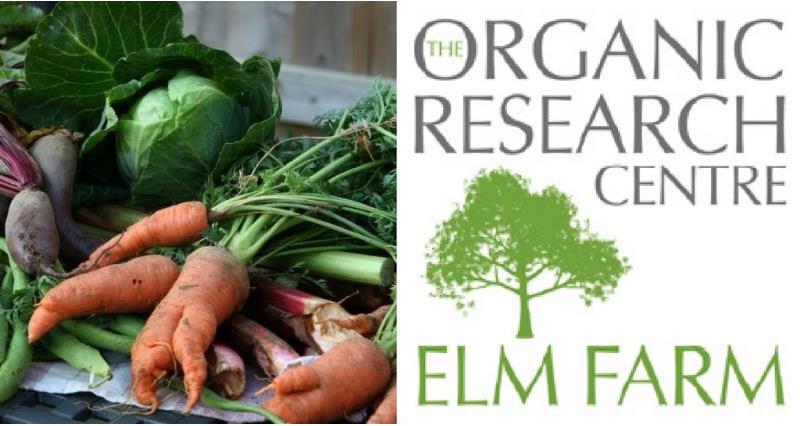The two day event held at Aston University, Birmingham, was host to around 200 attendees and speakers from the Soil Association, Defra, IFOAM, RSPB, Waitrose, the NFU, and many others from the organic supply chain.
Opening presentations from Tim Lang, Professor of Food Policy at the University of London, and Heather Anderson, mixed organic farmer and lead of the CCF Field of Enquiry programme, set the scene for the day with an overview of the future of organic farming in the UK. They both expressed concerns for the changes in European and UK legislation, with Mr Lang saying agriculture is in the ‘hardest times for 60 years’.
Over the course of both days there were six workshops for each of the five sectors lasting approximately one hour. The sectors included were Business/Markets, Arable, Livestock, Horticulture, and Policy, on topics such as developing and diversifying sectors, EU organics regulations, health, food pricing, and market overviews.
I attended three sessions on the first day. These sessions were the market overview, market opportunities for the livestock sector, and exploring food pricing. The market overview was a very informative session with an insight into the sales data of organic products in the UK. The data presented showed that organics sales in supermarkets in the UK has risen 6% over the past year. Products such as flavoured tea are on trend as part of the health kick the industry is seeing, alongside organic avocados, fruit, vegetables and milk all largely increasing in sales. We also learned that some organic companies are moving into the ‘free from’ category to aid an increase in sales, as the ‘free from’ industry is also on the rise.
This session also included an understanding of the organic consumer. I feel this vital information has huge untapped potential for businesses to access UK consumer behaviour opportunities and therefore develop organic products to meet consumer demand as much of the presentation focussed on organic consumers worldwide. Something worth pursuing now the UK has EU funding to grow the organic market. I think that research in organic consumers’ needs to be much more in-depth as to why consumers choose organic, what type of consumers purchase organics, i.e. age range, income, involvement with the agricultural industry etc. The NFU are hoping to work with external businesses to research and analyse organic consumers to understand how it would be best to target customers for organic producers.
The session on market opportunities for the livestock sector, was comprised of different presentations between farmers using different organic systems and comparing these in the UK and Ireland, alongside as presentation from Duncan Sinclair, Agriculture Manager for Waitrose. We learnt that 69% of the organic red meat market in the UK is within retail and only 3% is within food service, however, when compared to Irelands organic red meat market, 85% is being sold through retail and only around 1% in food service. Speakers Polly Davis and Chris Wardle presented on the difficulties the UK organic livestock market face, Polly particularly focused on her beef and lamb farm and farm shop that she runs at home. Duncan Sinclair presented on how Waitrose views the organic sector and how organics is selling in store. He went on to say that organics in Waitrose is not seeing much growth, however Waitrose want to work with the organic livestock industry to gain a better understanding, particularly in the feed that is used to produce the meat.
Lastly I attended a session on food pricing in the organic sector. This was another interesting session, and highlighted the scope of knowledge and analysis which could help research and focus each sector, to help understand its consumer basis and how best to target the retail market. This session covered the financial state of the UK and the impacts the recession had on retail and the agricultural industry; it was mentioned at the beginning of the session that around 60% of consumers said that cost is the main factor why consumers don’t want to buy organic, this key fact if understood effectively could help to bring more shoppers into the category. The organic consumer session earlier in the day showed how costing would impact the market, therefore I would like to see this also be an opportunity for the NFU to work with external businesses to create a greater understanding of the market and organic consumer.
